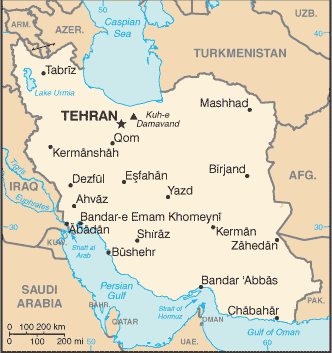With Iran’s Intelligence Ministry taking the unusual step last week of issuing a public report on negotiations with the international community being “necessary,” there was a lot of speculation that Iran’s appetite for talks was growing.
 But while this report and the public comments from a lot of Iranian officials tell this story, other senior officials are said to be opposed to the idea, or at least pessimistic enough about the prospect that they don’t believe it is the right time to bother with direct talks with the US.
But while this report and the public comments from a lot of Iranian officials tell this story, other senior officials are said to be opposed to the idea, or at least pessimistic enough about the prospect that they don’t believe it is the right time to bother with direct talks with the US.
Its hard to blame the pessimists, either, as US officials have at times denied that the talks were even a possibility in the first place, and at other times they are talking about adding even more onerous demands than the last time.
Indeed, the history of negotiations shows extremely bad faith from the West, with Iran once even accepting the US offer for a deal only to have the US withdraw the offer and angrily condemn its acceptance. Though talks seem like a necessity with Iran hoping to see an end to the sanctions, the reality that there is probably no level of concession that would be good enough to satisfy the US is going to put a damper on a lot of those hopes.


